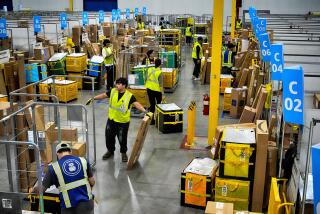Japan economy slows in second quarter, spurring sales tax debate
Japan’s economic growth slowed in the second quarter, spurring debate over whether the country should raise its sales tax in order to more quickly pay down its public debt.
The country’s gross domestic product grew at an annualized 2.6%, coming in at a lower rate than many analysts’ expectation of 3.8%.
The previous quarter’s GDP growth rate was also revised downward from 4.1% to 3.8%, the Japanese government said Monday.
Top celebrity overseas commercials
Japan’s economy, which has had record deflation for much of the past two decades, has seen aggressive actions by Prime Minister Shinzo Abe to turn around the world’s third-largest economy.
Japan’s central bank, for instance, in April announced it would expand its purchase of long-term bonds and double the amount of money in circulation, all in an effort to boost inflation to 2% within two years and stimulate consumer and business spending.
Business capital investment during the second-quarter, however, slowed, undermining some of the gains made in consumer consumption and government spending.
The government data shows gross domestic product has grown now for three consecutive quarters, a sign that Abe’s policies are working, supporters say.
The slowing growth in GDP, however, could put a hamper in the government’s plan to double the sales tax from 5% to 10%. Abe had said he wanted to raise the sales tax to more quickly pay down the high public debt, which has now reached $1 quadrillion yen, or about $10.2 trillion.
But raising the sales tax now, experts said, could damper the country’s nascent economic growth.
News of Japan’s slower-than-expected growth rate caused the benchmark Nikkei index to drop about 1%.
ALSO:
New airline may get the Spirit of cheap fares
New York regulator takes aim at virtual currencies
Travel and tourism hiring grows, but are they good jobs?
More to Read
Inside the business of entertainment
The Wide Shot brings you news, analysis and insights on everything from streaming wars to production — and what it all means for the future.
You may occasionally receive promotional content from the Los Angeles Times.











